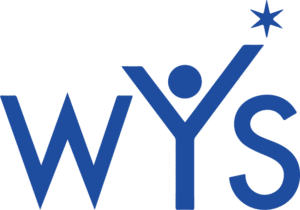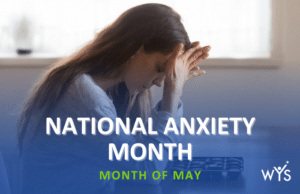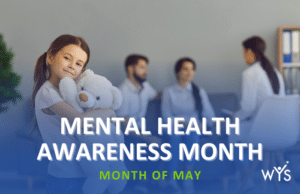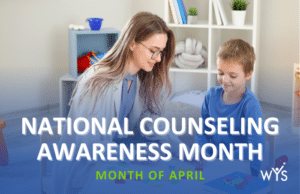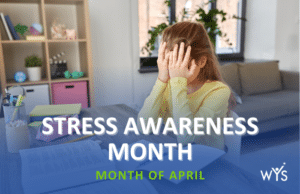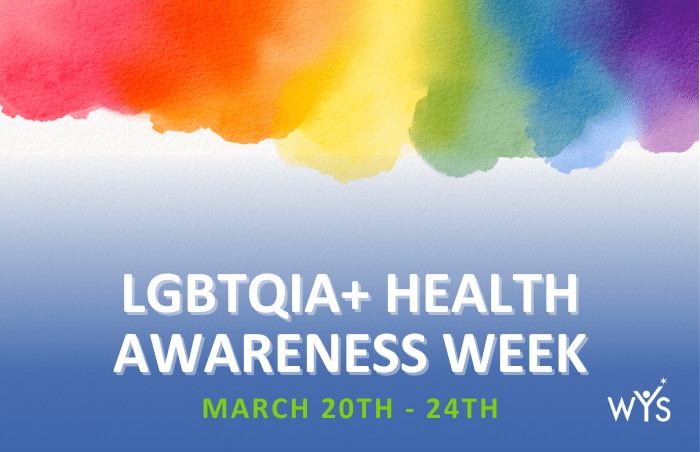
LGBTQIA+ individuals face discrimination in many different aspects of their day to day lives. One of those facets being their access to healthcare. Because of this, the National Coalition for LGBTQ Health established National LGBTQIA+ Health Awareness Week in 2003. It is observed annually in the last week of March. Its purpose is to raise public awareness about the unique health needs and disparities faced by the LGBTQIA+ community.
Understanding LGBTQIA+ Mental Health Challenges
Discrimination, stigmas and even social rejection are just a few reasons that members of the LGBTQIA+ community often encounter significant mental health challenges. According to the 2023 U.S. National Survey on the Mental Health of LGBTQ+ Young People, 41% of LGBTQ young people considered attempting suicide in the past year, with higher rates among transgender, nonbinary, and people of color. There was also a study conducted by Mental Health America that found that LGBTQ+ individuals are 2.5 times more likely to experience depression, anxiety, and substance misuse compared to heterosexual individuals.
Barriers to Mental Health Care
LGBTQIA+ individuals often face discrimination in many different aspects of their lives including employment, relationship recognition, and insurance coverage. These disparities make it incredibly difficult to afford essential healthcare. These challenges are even evident for LGBTQIA+ people of color, who experience greater obstacles when trying to receive care.
When it comes to LGBTQIA+ individuals, there is a lack of healthcare professionals culturally trained to address their unique needs. Many of them struggle to find knowledgeable providers, leading to higher risks of mental health conditions, chronic illnesses, and substance use disorders.
Despite the increased need for mental health services, many LGBTQIA+ individuals face obstacles in accessing care. The Trevor Project’s 2023 survey concluded that 56% of LGBTQ young people who wanted to seek mental health care in the past year were unable to gain access to it.
Unfortunately, many experience direct discrimination from insurance and healthcare providers which causes individuals to put off or avoid seeking care altogether. LGBTQIA+ Health Awareness Week serves as a call to action – educating the public, policymakers, and healthcare professionals on the urgent need for inclusive, affirming, and accessible healthcare for all.
Western Youth Services’ Commitment to LGBTQIA+ Support
At Western Youth Services (WYS), we recognize the importance of providing inclusive mental health services to those within the LGBTQIA+ community. We design our programs to offer support and resources tailored to the specific needs of LGBTQIA+ youth and their families.Key initiatives in these programs include:
- Individual and Group Counseling: Offering safe spaces for LGBTQIA+ youth to explore their identities, address mental health concerns, and build resilience.
- Family Support Services: Educating and assisting families to foster understanding and acceptance, which is highly important for the overall well-being of LGBTQIA+ youth through our free BHTC Trainings.
- Community Outreach and Education: Providing workshops and resources to schools and organizations to promote LGBTQIA+ inclusivity and awareness.
LGBTQIA+ Resources
If you or someone you know is seeking additional LGBTQIA+ resources, organizations such as The Trevor Project and Mental Health America offer very valuable information and a wide range of support services.
As we recognize LGBTQIA+ Health Awareness Week, we need to acknowledge the mental health challenges within the LGBTQIA+ community and work together to provide accessible and effective support to those who need it. At WYS, we actively support this initiative, ensuring every individual receives the care and understanding they deserve.
If your child or a young loved one is struggling with a mental health concern, we encourage you to reach out to a mental health professional or to contact an Access Coordinator at Western Youth Services by sending an email to gethelp@westernyouthservices.org or by calling us toll-free at 888-312-0406.
You can find Orange County, state, and national resources on our site here: https://www.westernyouthservices.org/resources/.

